Cars heat up much faster than most people realize. On a warm day, the interior of a hot car can reach dangerous temperatures in just minutes. According to the U.S. National Highway Traffic Safety Administration, when the outside temperature is around 35°C (95°F), the inside of a car can hit 50°C (122°F) in less than 10 minutes. That kind of heat can damage electronics, spoil food, and put living beings at risk. Whether you are running errands or stepping away for a quick moment, knowing what not to leave in your car can protect your belongings, your health, and your safety. Here are the most important items you should never leave behind in a hot vehicle.
Children and Pets

Leaving children or pets in a hot car is extremely dangerous and often fatal. Infants and small children are less able to regulate body temperature, which means they overheat faster than adults. Within minutes, their core temperature can rise to deadly levels, even if the windows are cracked. Dogs and cats are also at high risk. Panting is not enough to cool them in extreme heat. Even short exposure can lead to heatstroke, brain damage, or death. Many countries have laws that make it illegal to leave animals or children in a hot car. If you cannot take them with you, it is safer not to bring them at all.
Aerosol Cans
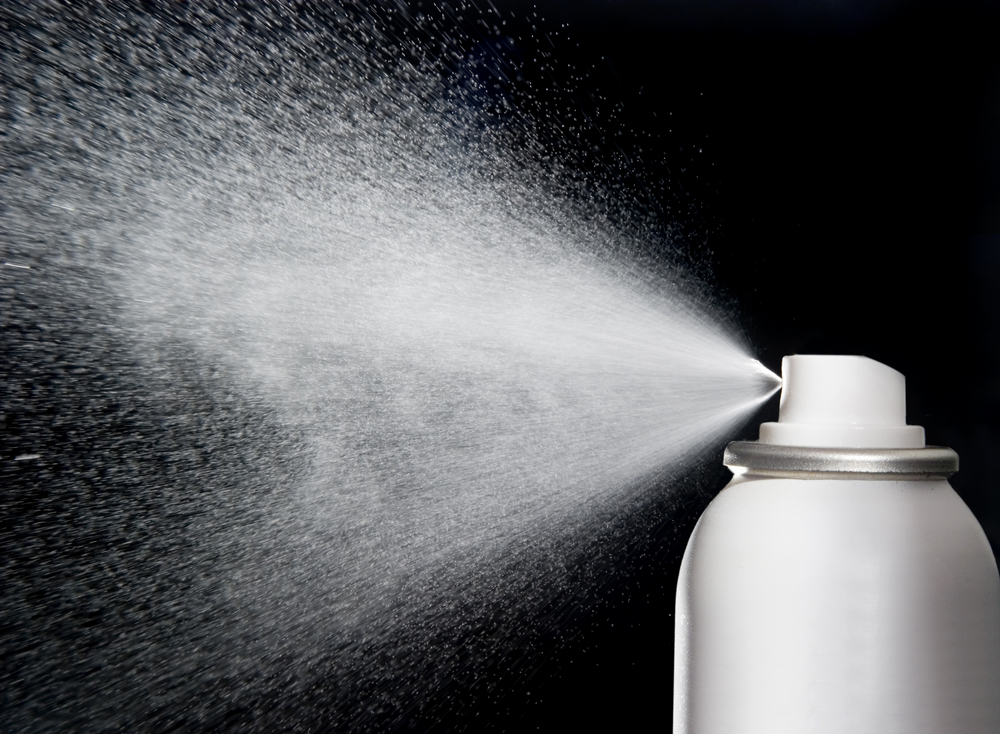
Aerosol cans are under pressure, and heat causes that pressure to increase. In a hot car, where temperatures can exceed 50°C (122°F), the internal pressure in an aerosol can may rise to the point where the container explodes. This can lead to serious injuries or property damage. Items like spray deodorants, air fresheners, and paint should never be left in a vehicle exposed to heat. Even if the can does not explode, the product inside may degrade or leak, leaving a mess that is hard to clean. Store aerosol products in a cool, dry place instead.
Electronics and Batteries
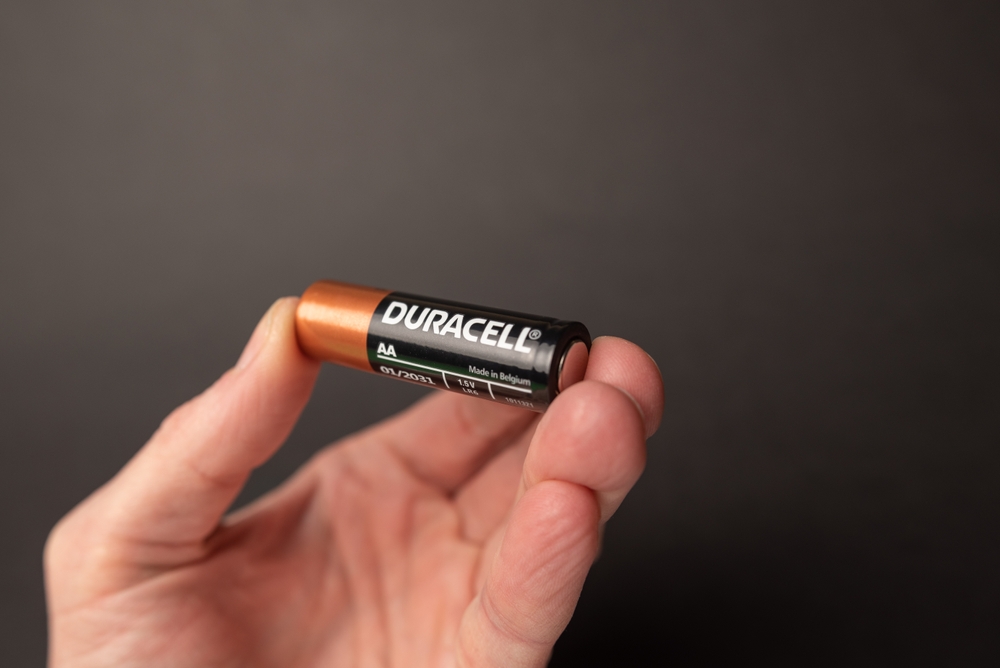
Electronic devices like smartphones, tablets, laptops, and cameras are highly sensitive to heat. High temperatures can cause internal damage, including battery swelling, reduced battery life, or permanent data loss. Lithium-ion batteries, common in most modern electronics, are particularly vulnerable and can become unstable in extreme heat. Additionally, heat can warp screens, degrade wiring, and damage internal components. Power banks and other battery-powered accessories also pose a fire risk if overheated. If you must leave electronics in your car temporarily, keep them out of direct sunlight and place them in the trunk or under a seat where it is slightly cooler.
Medications

Many medications lose their effectiveness when exposed to high temperatures. This includes insulin, antibiotics, and certain heart medications. Some drugs can chemically break down when stored above 25°C (77°F), and this process is accelerated in hot cars. In some cases, medications that have degraded due to heat may even cause adverse effects. Most pharmaceuticals come with storage instructions, and these should always be followed. If you travel with medicati ons, carry them in an insulated bag or take them with you when leaving the car. Never assume that parking in the shade will keep your car cool enough.
Sunscreen and Cosmetics
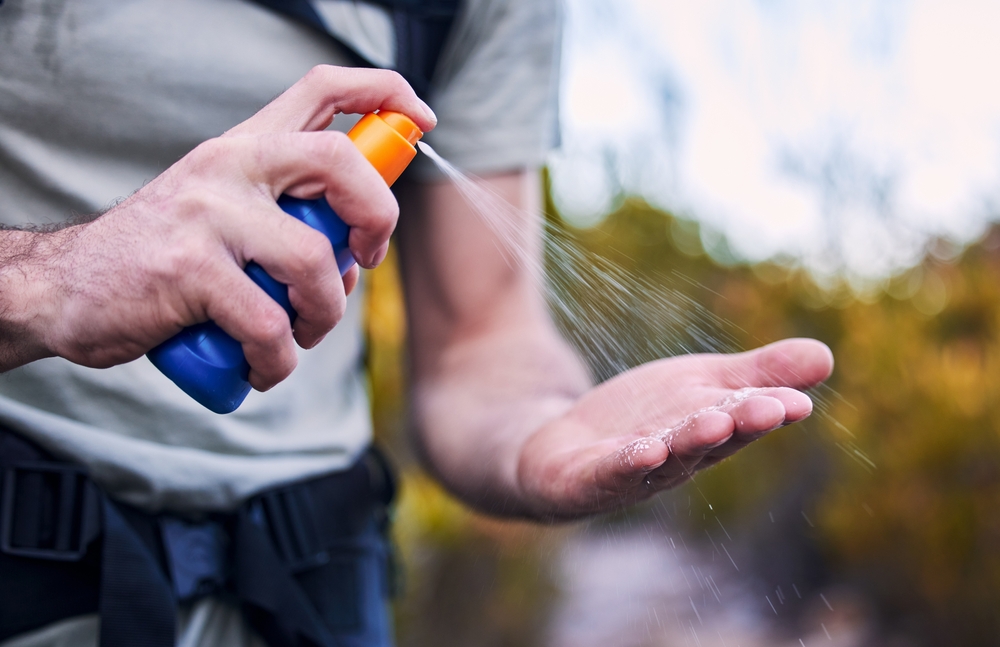
Personal care items like sunscreen, makeup, and lotions should not be left in a hot car. Heat can alter the chemical composition of sunscreen, reducing its effectiveness in protecting your skin from UV rays. Makeup can melt or separate, making it unusable. Lipsticks, creams, and foundations often contain oils that break down in heat and lead to bacterial growth. Some containers may also leak or burst under high pressure. If you keep a cosmetic bag in your car for convenience, consider using heat-resistant storage or taking the bag with you when temperatures rise.
Canned and Bottled Beverages
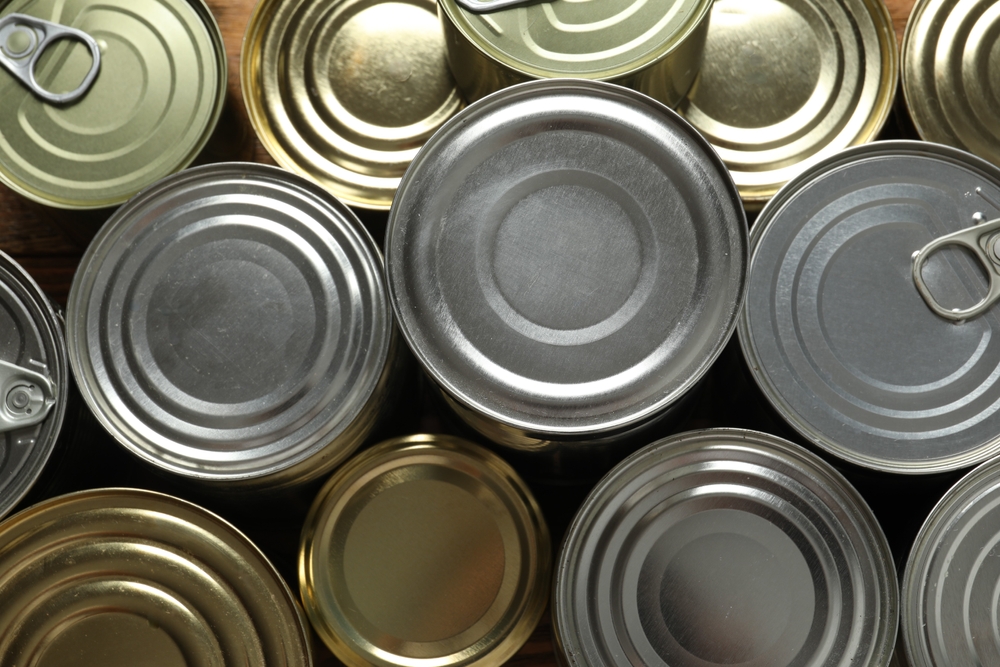
Heat can impact both canned and bottled drinks. Carbonated beverages like soda can explode if left in a hot car for too long. The expanding gas increases pressure inside the can, especially if it is shaken or exposed to direct sunlight. Bottled water stored in plastic containers also poses a concern. Studies suggest that high heat can cause chemicals like BPA or phthalates to leach from the plastic into the water. Although the health risks are still debated, it is safer to avoid drinking water that has been sitting in a hot car. Always remove beverages when you exit your vehicle or store them in a cooler if they must stay in the car.
Food and Groceries

Leaving food in a hot car creates the perfect conditions for bacteria to grow. According to the U.S. Department of Agriculture, bacteria multiply most rapidly between 4°C and 60°C (40°F to 140°F), known as the danger zone. In this range, food can become unsafe to eat within just two hours or even faster in extreme heat. Items like dairy, meat, and eggs are especially vulnerable. Even non-perishables like chocolate or bread can melt or degrade in high temperatures. If you are transporting groceries, bring a cooler with ice packs and unload items as soon as possible.
Read More: Why Nearly Every Car Is One of These Four Colors
Credit Cards and Identification Cards

Many credit cards and ID cards are made from plastic with embedded chips or magnetic strips. Heat can warp the plastic and damage the embedded technology, making the card unreadable. This can lead to denied transactions or the need to replace important identification documents. In some cases, the ink on driver’s licenses or other forms of ID may fade or smear if left in direct sunlight. Store these items in your wallet and take them with you when you leave the car to avoid unnecessary damage.
Hand Sanitizers and Cleaning Products
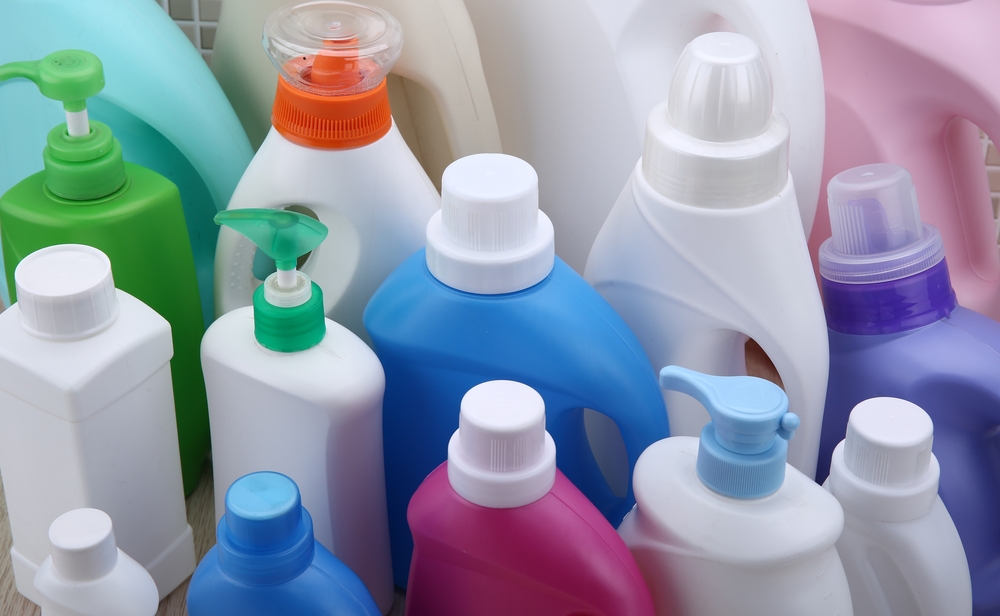
Alcohol-based hand sanitizers are flammable. While they are unlikely to ignite on their own, storing them in a hot car increases the risk under certain conditions. Alcohol can evaporate, reducing the product’s effectiveness and creating a buildup of vapors. The same applies to cleaning products that contain ammonia, bleach, or hydrogen peroxide. Heat exposure can change their chemical structure, making them less effective or even dangerous. If you use these items regularly, keep them in a shaded bag or remove them from the car when not in use.
Crayons and Wax-Based Items

Crayons, wax-based air fresheners, and similar products melt quickly in hot environments. Once melted, they can create a sticky mess that is extremely difficult to clean from car upholstery and dashboards. The wax can also stain surfaces permanently, especially fabric and leather. If you have children who travel with art supplies or you use scented wax items in your car, remove them when the temperature climbs. Consider storing art materials in temperature-controlled containers or using alternative products in the summer months.
Disposable Lighters

Disposable lighters contain pressurized butane, which is highly sensitive to heat. If a lighter is left inside a car on a hot day, the pressure inside the chamber can increase to dangerous levels. In rare cases, this can cause the lighter to explode or leak gas into the vehicle, creating a fire hazard. Even if it does not explode, heat can weaken the valve or deform the plastic casing, making the lighter unreliable or unsafe to use later. Always take lighters with you or store them in a cool, shaded area.
Vinyl Records and Delicate Materials

Vinyl records, CDs, and even some plastic tools or accessories can warp when exposed to extreme heat. Vinyl in particular is vulnerable to temperature changes, and even a short time in a hot car can distort its shape, ruining the sound quality or making it unplayable. CDs can become unreadable if the plastic layers separate due to heat exposure. For collectors or those who transport materials for work, protecting these items from heat is crucial. Use insulated storage cases or avoid transporting them on hot days unless absolutely necessary.
Read More: 2 Car Brands You Should NEVER Buy, According to Star Mechanics
Heat Damage Happens Fast
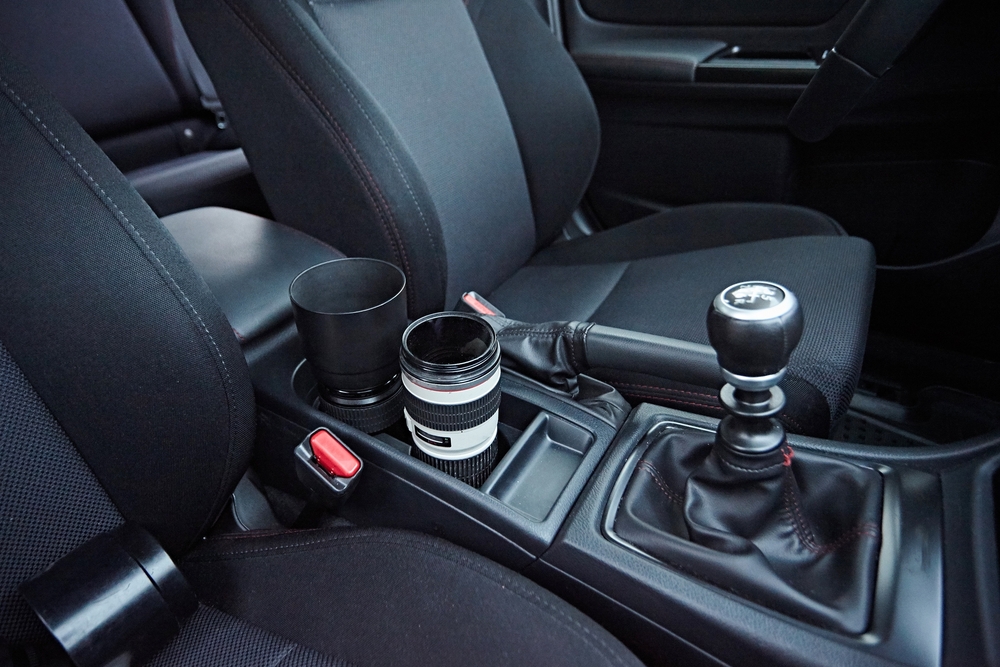
Leaving items in a hot car can lead to more than inconvenience. It can cause irreversible damage, pose health risks, and even create dangerous situations. Children and pets are at the highest risk and should never be left in an unattended vehicle, even for a short time. Electronics, medications, cosmetics, and food all suffer in high heat. Other items like aerosol cans, disposable lighters, and cleaning chemicals can become safety hazards when overheated. Understanding how heat impacts different materials allows you to make safer choices, protect your belongings, and avoid preventable damage. When in doubt, take the item with you. It is always safer than risking the consequences of a hot car.
Disclaimer: This article was created with AI assistance and edited by a human for accuracy and clarity.

